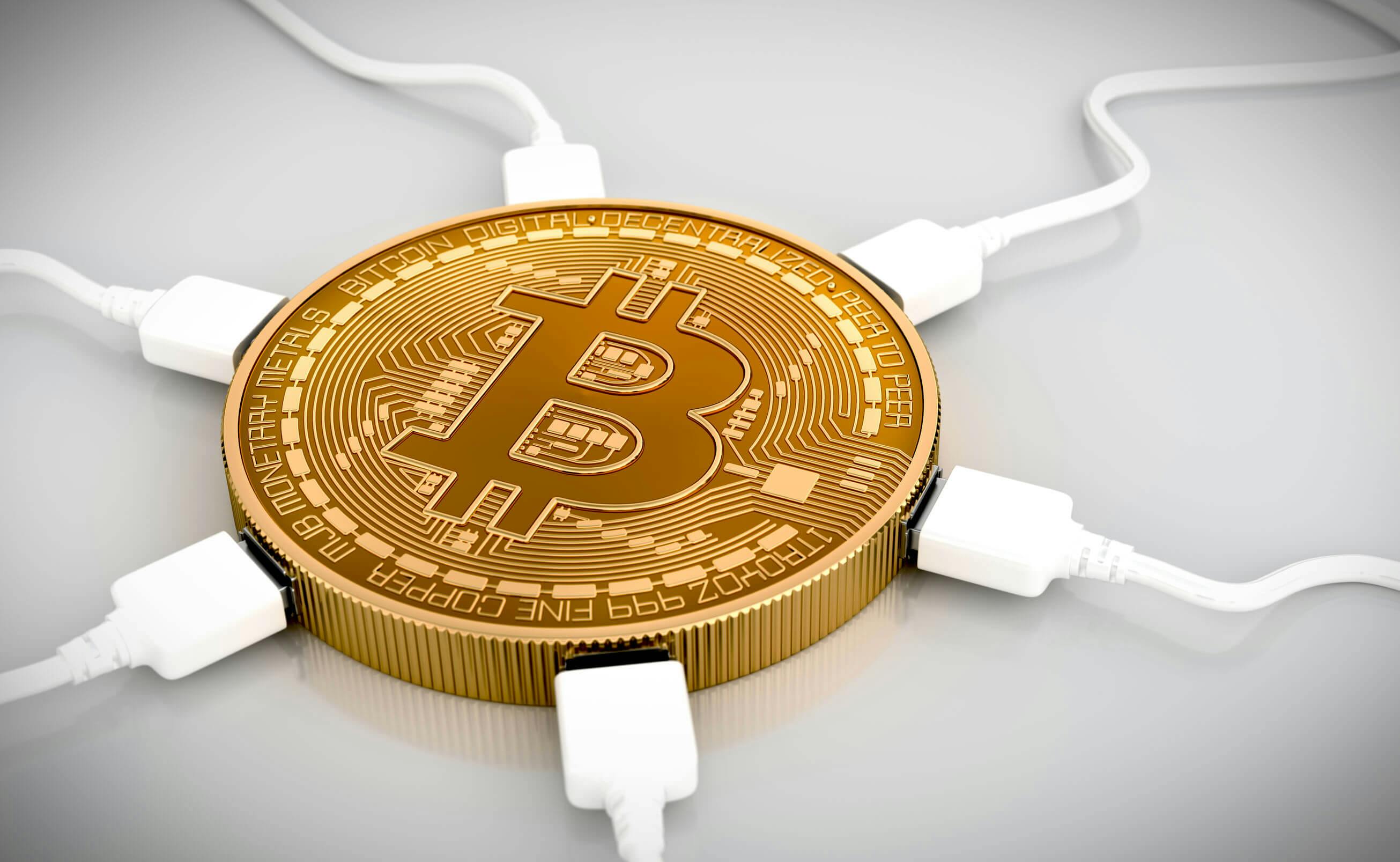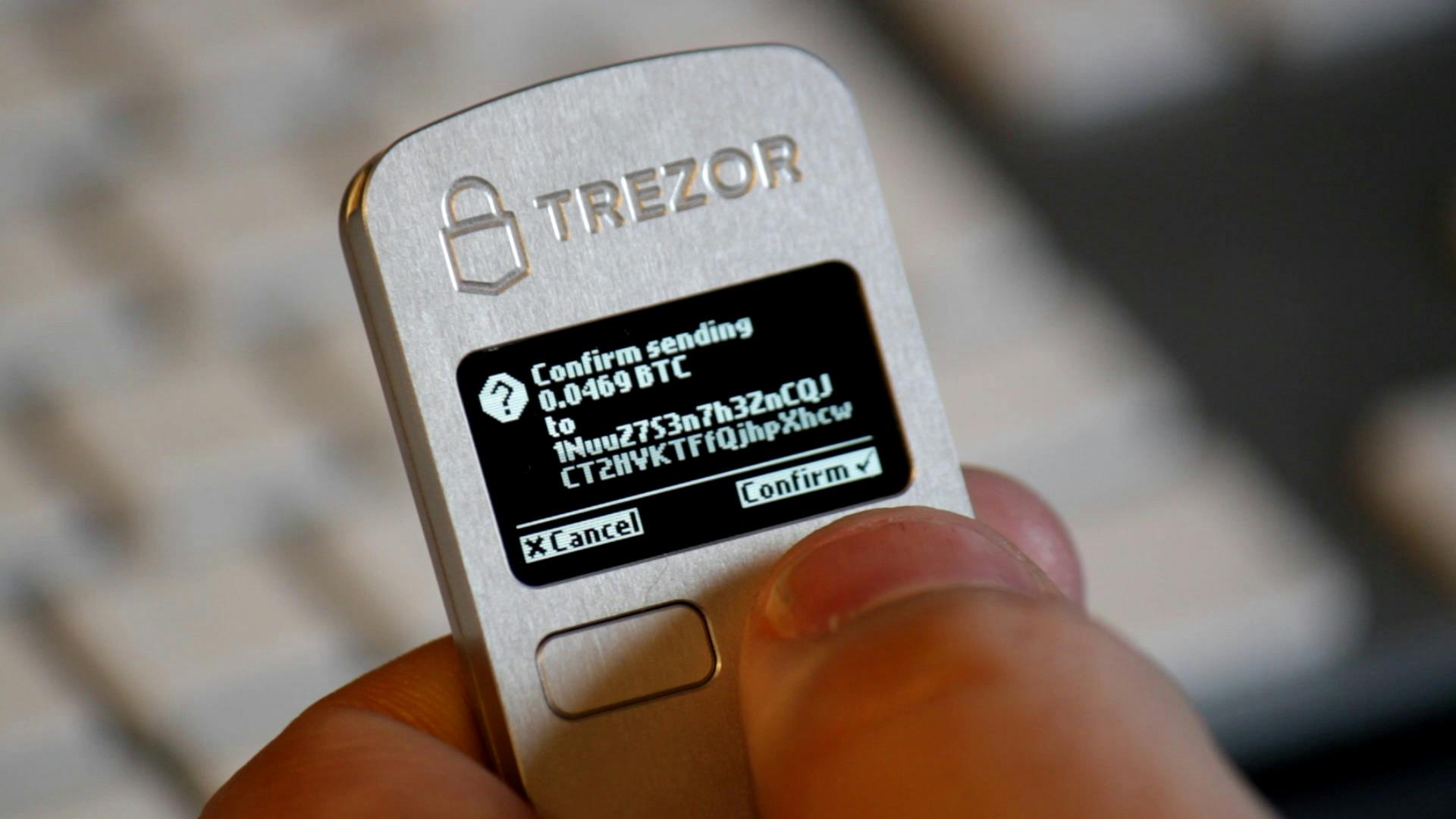
- All
- Tools
- Analytics
- Technical Analysis
- Trading
- Blockchain
- DeFi
- Guides
- Company News
- Educational
- Opinion
- Price Predictions
- Market News
- News
- Trading cases
- Practical guides
- Exchanges
- Trading signals
- Cryptocurrency
- Crypto bots
- Other
Become a crypto master
Learn everything about crypto,
trading and bots

Common Types of Crypto Scam
Start Trading on 3Commas Today
Get full access to all 3Commas trading tools with free trial period

There is an old saying: “A fool and his money are soon parted.”
In this article, we will dive into the most common types of fraud in the cryptocurrency market, and we hope this will protect our readers from unwanted risks.
Criminal negligence
One of the common types of scam on the crypto market is caused by negligence. This often happens due to a low measure of responsibility and the lack of strict regulation by the authorities. Although the freedom provided to entrepreneurs allows them to realize the most daring ideas, it also increases the risk of neglecting such pillars of business processes as control and security.
The most famous example of criminal negligence in the crypto industry is the case of Mt. Gox, an exchange, popular at the dawn of market development. Back then, a lack of knowledge of financial disciplines and management experience, in conjunction with a lack of desire to solve security problems and rigging numbers, led to the loss of 650,000 BTC of user funds due to alleged hacks. The case led to multimillion-dollar debt and criminal prosecution of the head of the exchange Mark Karpeles. Of course, the industry has changed a lot since then, but as the entry point into the market got simpler, the likelihood of encountering such situations is still substantial.
SIM swapping
Replacing a SIM card is a popular way to gain access to your precious crypto accounts, since most security checks, such as e-mail and two-factor authentication, are tied to a mobile number.
Thus, on November 14, 2019, the Massachusetts District Court convicted scammers who managed to steal over $550,000 from crypto-business accounts by transferring the mobile number through the operator from an allegedly “broken/lost” SIM card to their newly created account. The victims of the attackers were the leaders of the cryptocurrency exchange and the bitcoin ATMs network.
Ponzi Schemes
Good old investment scams, enriching senior investors at the expense of new joiners, regularly appear on the cryptocurrency market and are very popular, especially in Asia.
In December 2019, the organizers of the well-known BitClub Network mining pool were arrested and charged with fraud, amounting to $700 million. The defendants attracted investments in exchange for the company shares – they offered to invest in computing power, focused on mining, providing investors with false information about the income of the mining pool and promising unprecedented income.
Pseudo funds
On June 19, 2020, the U.S. Securities and Exchange Commission (SEC) froze the assets of a private fund investing in crypto assets, which offered investors shares in the company. To attract new investors, the fund falsified financial statements and forged audit documents, suggesting highly overstated profits. For example, they reported a profit of 100.77% and 92.9% for the third and fourth quarters of 2019 instead of admitting they actually incurred losses. Investor losses amounted to tens of millions of dollars. The SEC investigation of this case is still on.
It’s better to be safe than sorry
Yes, the cryptocurrency market is young and extremely attractive, yet it’s not called the “Wild West” for no reason – in the absence of regulation, it is the honeypot for bad actors who are looking for ways to quickly enrich themselves, including those who want to get rich at Your expense, at times you would least expect. Of course, when choosing an exchange, platform, wallet, service, partner, or a fund, you must give preference to complete transparency, a positive reputation, and certain guarantees. However, with strict adherence to security measures, the use of additional precautions, a cynical approach, and cold analysis, the cryptocurrency market is still a unique place in the IT industry, where the ability to make a fortune via speculation is adjacent to the possibility of making unbelievable things materialize.
Remember! Never send funds to people you don’t know – especially those that message you privately using Telegram, Twitter and Facebook!

A proven leader, successful at establishing operational excellence and building high-performance teams with a sharp focus on value creation and customer success.






